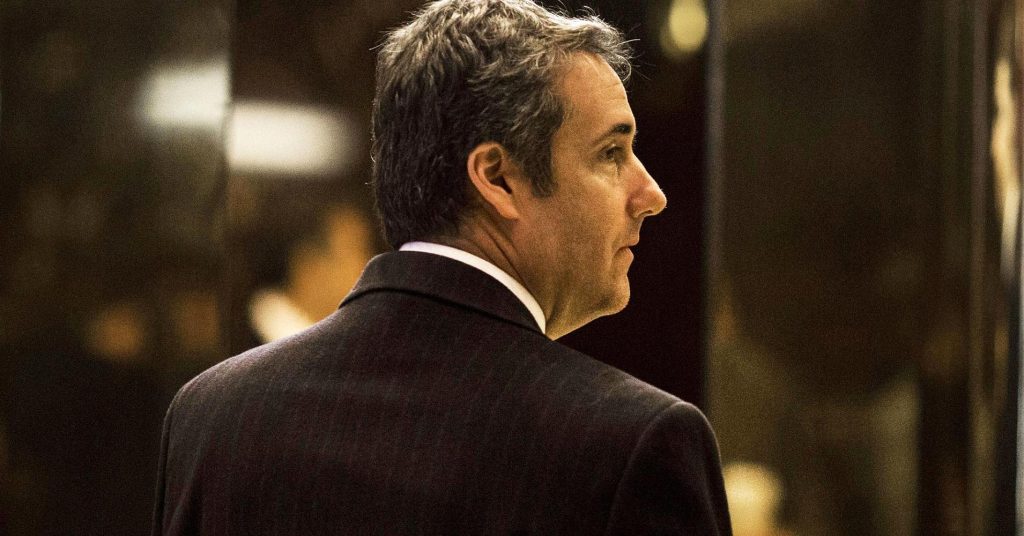
FILE PHOTO: General view of the Sochi International Airport (Sochi-Adler Airport) in the Black Sea resort city of Sochi, Russia December 25, 2016. REUTERS/Kazbek Basayev -/File Photo
April 11, 2018
By Gabrielle Tétrault-Farber and Gleb Stolyarov
MOSCOW (Reuters) – Eight of the Russian airports likely to be used by teams competing in this year’s soccer World Cup are owned by entities now on a U.S. sanctions blacklist, potentially throwing up headaches for teams and the airlines flying them.
Reuters contacted all eight national federations whose teams will be based near one of the affected airports. Sweden, Iceland and Poland revealed their current travel plans, Spain referred questions to FIFA, soccer’s international governing body, and the remaining federations did not reply.
In one case, the Polish side is planning to take a charter flight operated by the country’s flag carrier Lot to Sochi airport — which is operated by a company owned by sanctioned Russian tycoon Oleg Deripaska.
A spokesman for Lot said it would consult lawyers on the issue. The Polish Football Association said Sochi was the most convenient airport for the team, and it did not want to get involved in politics.
The United States and European Union imposed sanctions on Russia for its annexation of Crimea in 2014 and over its role in a rebellion by pro-Moscow separatists in eastern Ukraine.
Then Washington announced new sanctions last week in response to what U.S. officials described as the Kremlin’s “malign activities” around the world. Among those targeted were Deripaska and six other Russian oligarchs.
The U.S. government has the power to take punitive steps against non-American companies that do business with sanctioned entities.
FIFA and the local World Cup organizing committee did not reply to requests for comment.
Sweden is planning to fly directly to Gelendzhik – like Sochi a resort on the Black Sea – where it will have its team base, the country’s soccer federation said. Scandinavian Airline SAS said it would fly the team to Russia.
Iceland’s soccer federation said it would mostly likely fly its team on Icelandair also to Gelendzhik.
Gelendzhik airport is managed by the same company owned by Deripaska, though Russian state bank VTB announced on Wednesday it plans to buy the airport, which would lessen any sanctions risk.
The U.S. measures are unlikely to prevent teams arriving: they could switch to a nearby airport not affected by sanctions, or use a Russian carrier which has a higher tolerance to the risk.
However, if the airports are still controlled by sanctioned entities when the tournament begins in June, this could force a change of plans for affected eight teams.
TEAM BASES
Brazil, like Poland, will be based in Sochi, where the airport is owned by the Deripaska-controlled Basel Aero company.
The same firm owns airports in Gelendzhik, Krasnodar – the city where Spain will be based – and Anapa, which is near Crimea and will host Denmark.
It is unclear if the deal for VTB to buy Gelendzhik airport will go through before the World Cup kicks off on June 14.
Basel Aero did not immediately respond to a Reuters request for comment.
Russia’s Airports of Regions holding company, which manages terminals in the World Cup host cities of Yekaterinburg, Samara, Rostov-on-Don and Nizhny Novgorod, is owned by the Renova Group. This conglomerate belongs to Viktor Vekselberg, one of the other sanctioned oligarchs.
Uruguay’s base will be in the Nizhny Novgorod region and Switzerland’s in Togliatti, which is close to Samara airport.
The holding company declined to comment on the issue.
AIRPORT FEES
The impact of the latest U.S. sanctions against the 17 senior Russian government officials, the seven oligarchs and 12 companies they own or control has spread across Russian markets, triggered volatility and prompted companies to change their plans.
When the U.S. Treasury announced the new sanctions, freezing the U.S. assets of the people and companies targeted and barring Americans from doing business with them, it said non-Americans could themselves face sanctions “for knowingly facilitating significant transactions for or on behalf of the individuals and entities” touched by the measures.
When an airline uses an airport, it typically pays landing and service fees. They could be deemed by U.S. officials to be sanctions violations, though lawyers say such transactions are a gray area and subject to interpretation.
The sanctions issue should not affect teams’ flights within Russia because under long-standing rules only Russian airlines can fly domestic routes.
(Reporting by Gabrielle Tétrault-Farber, Gleb Stolyarov and Rinat Sagdiev in Moscow, Marcin Goettig in Warsaw, Helena Soderpalm in Stockholm, Jacob Gronholt-Pedersen in Copenhagen, Victoria Bryan in Berlin, Michael Shields in Zurich; editing by David Stamp)

